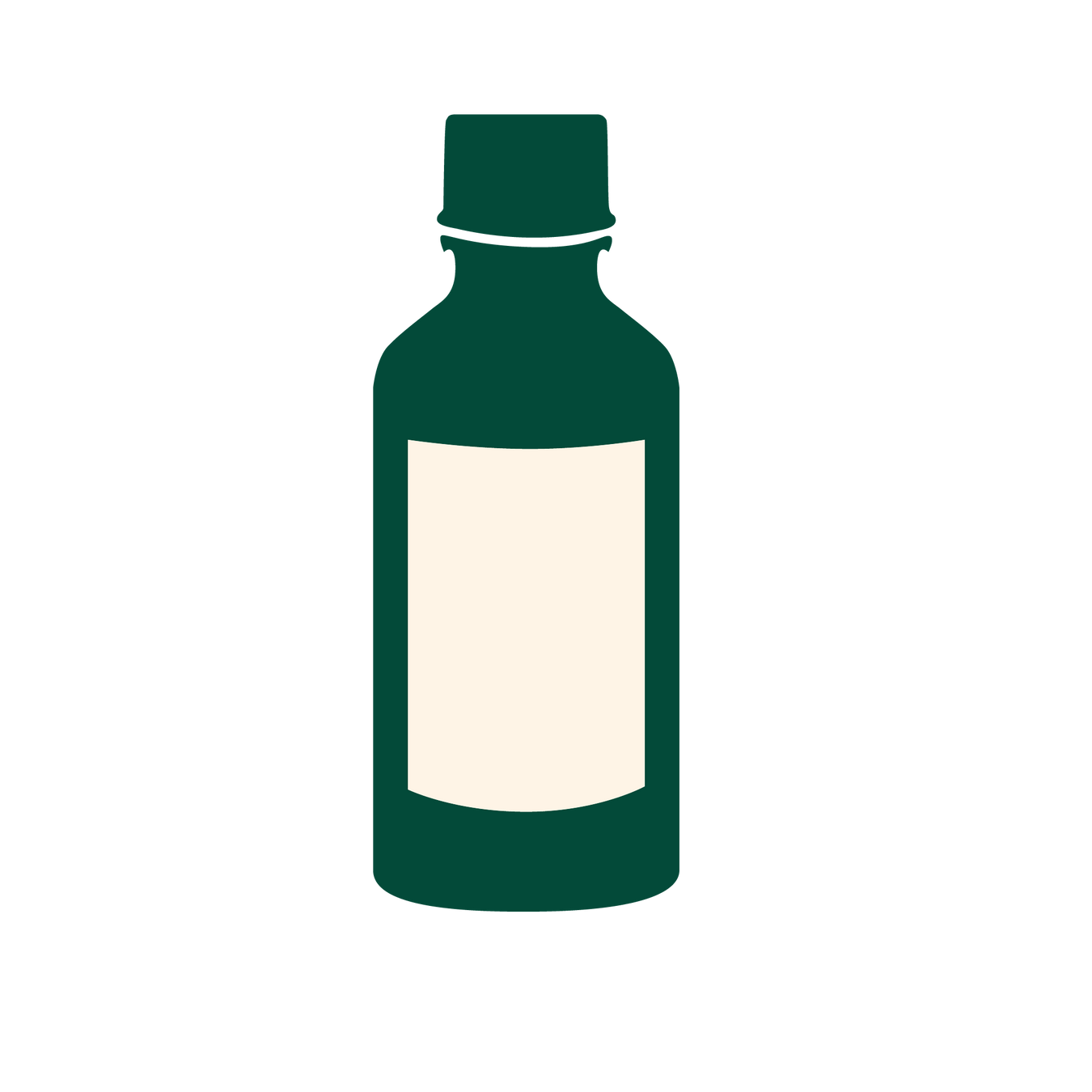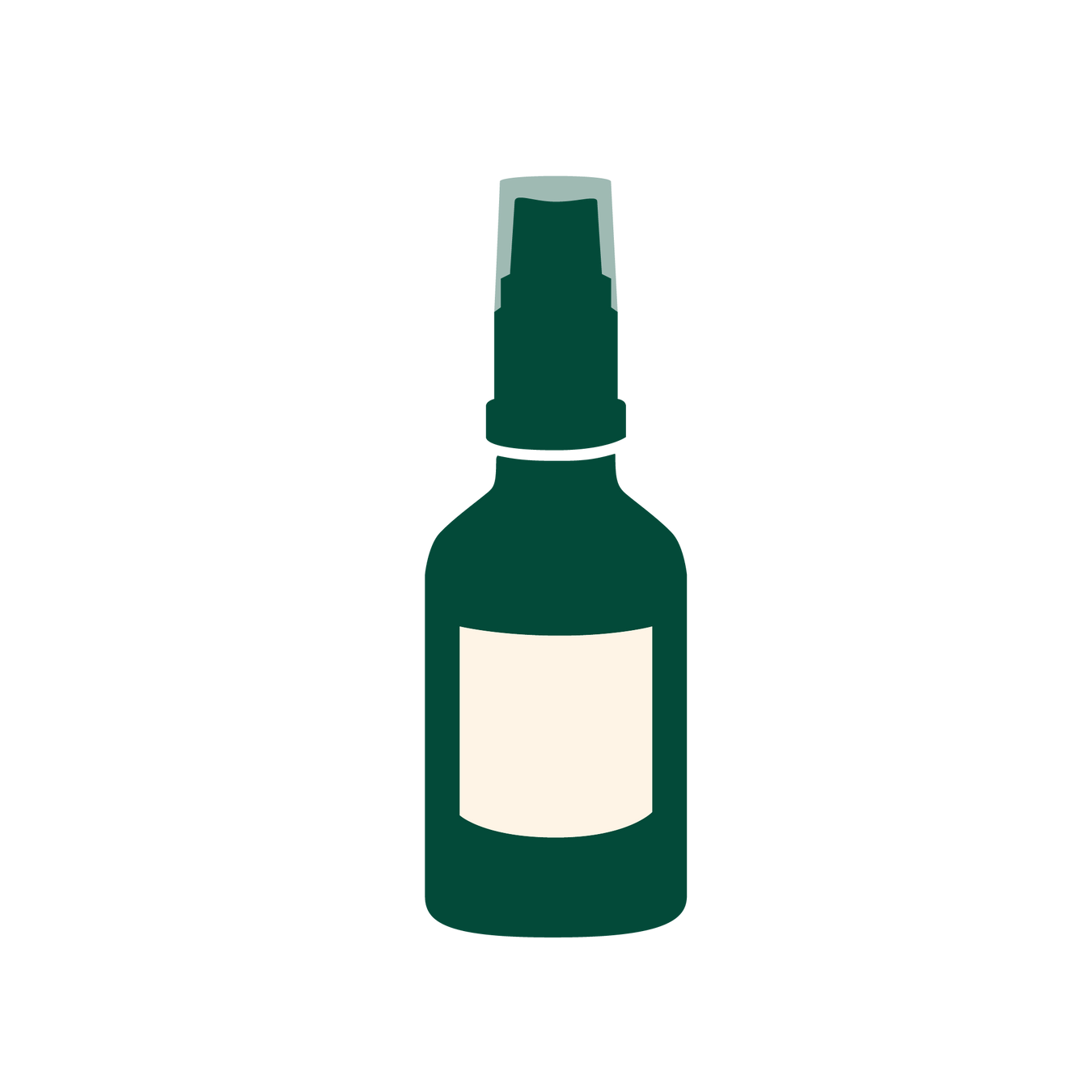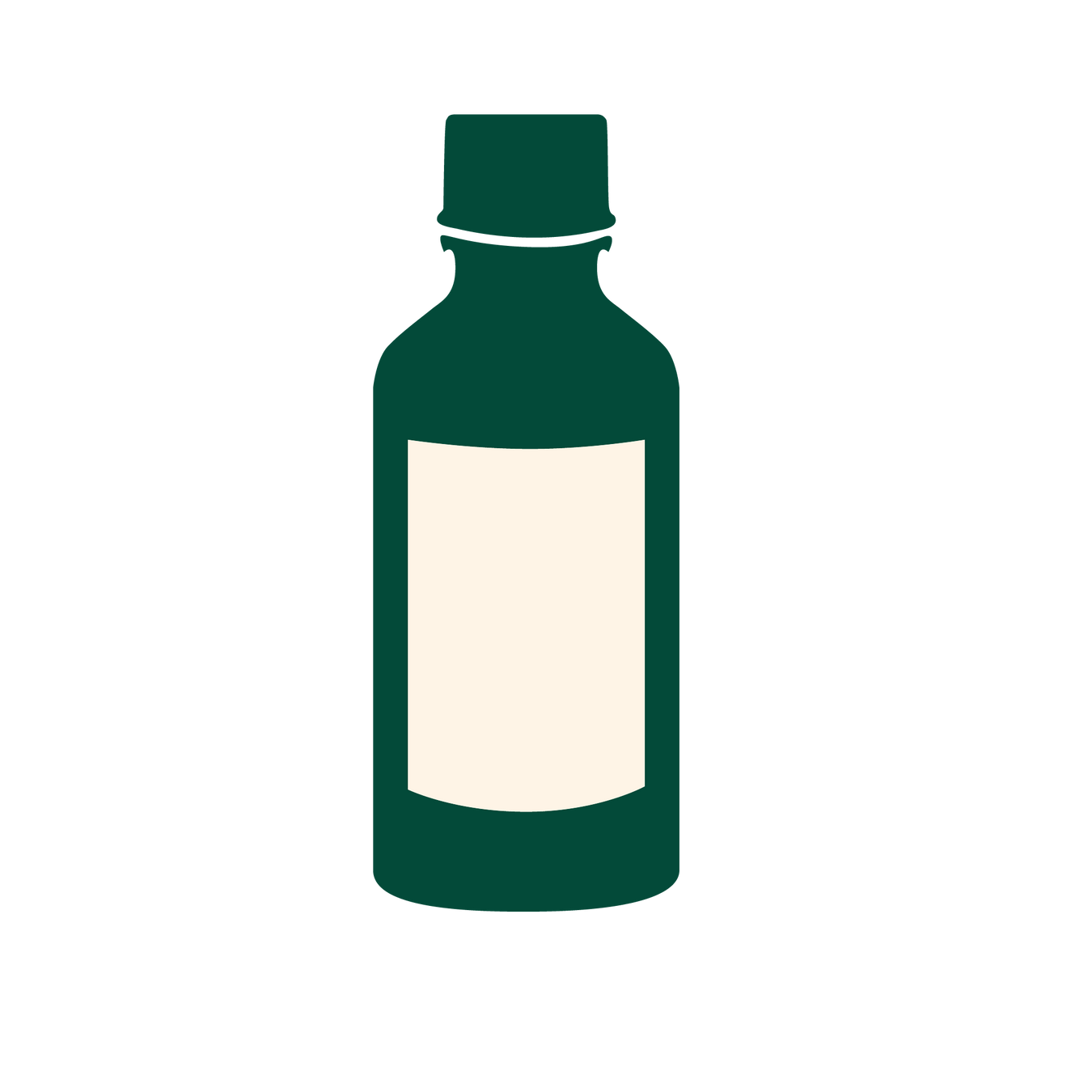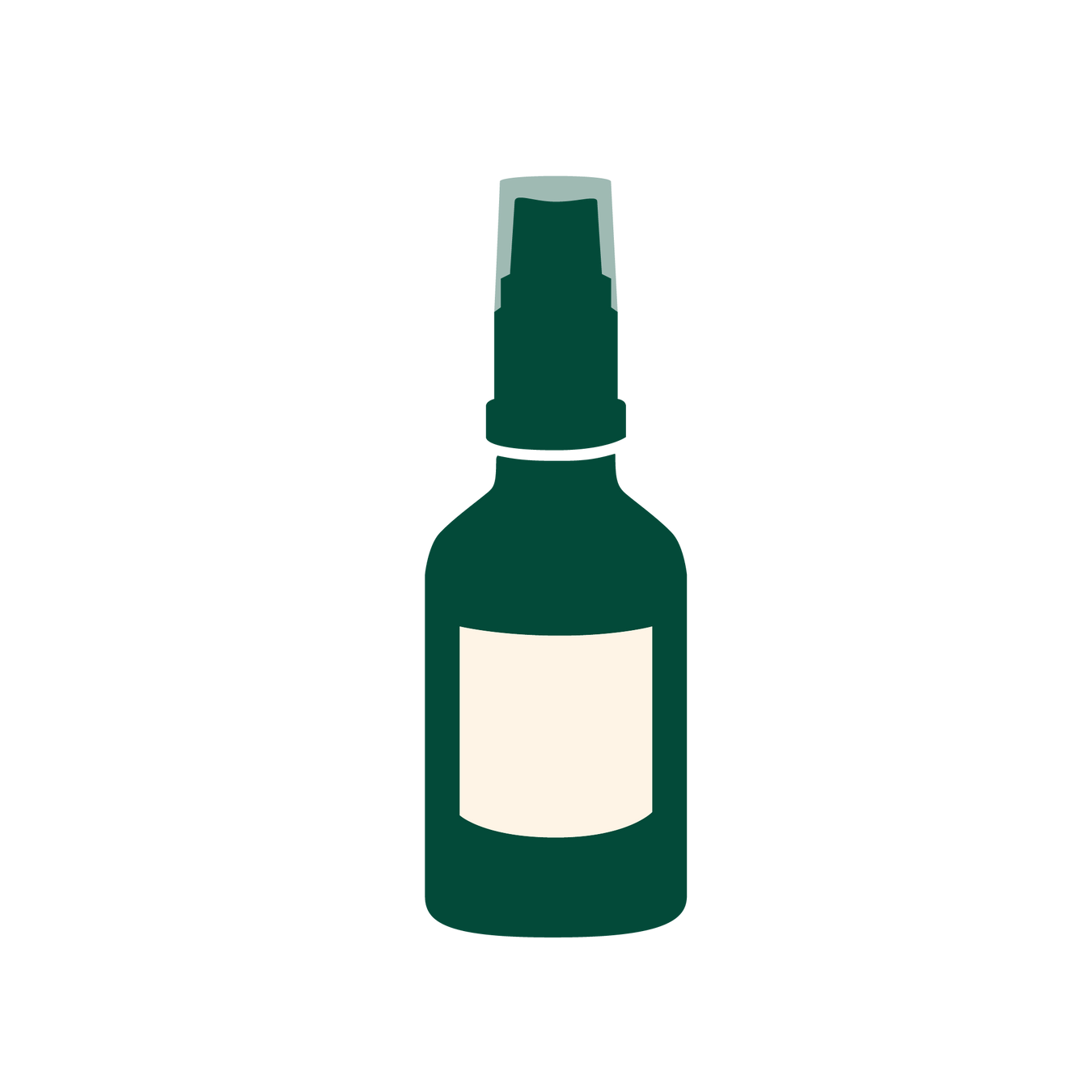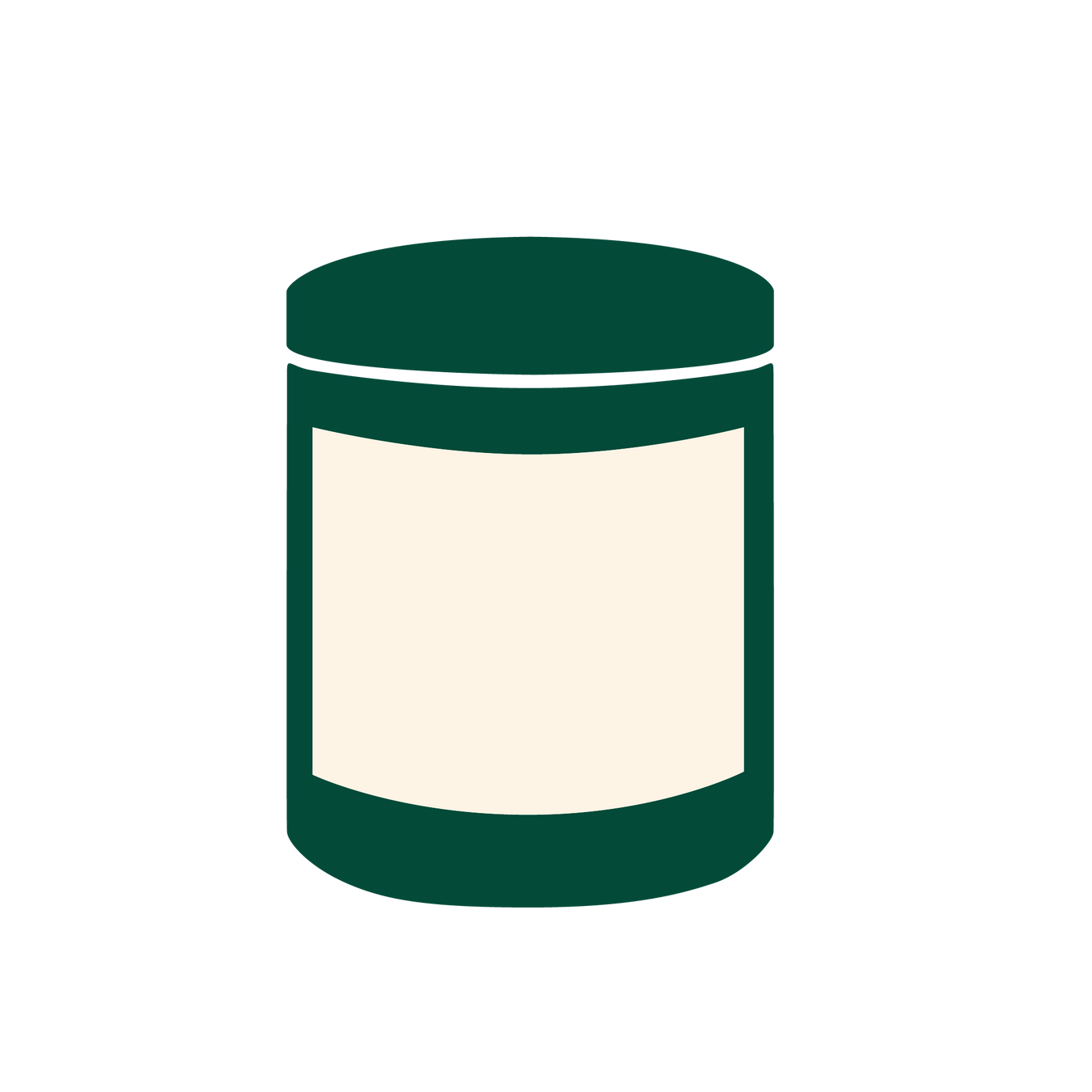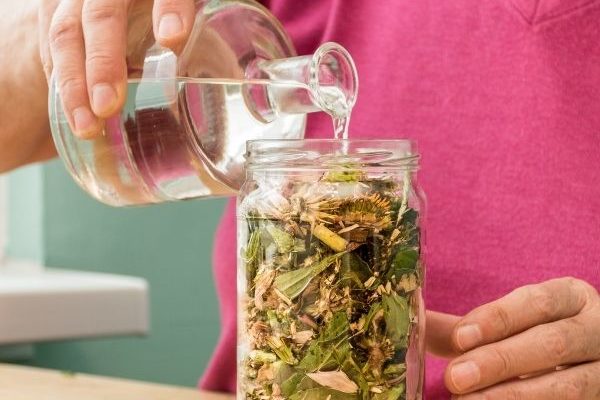
“Morningly needed” medicinal herbs
With herbal bitter substances against too much preference for “sweet”
First of all: sugar isn't forbidden. It occurs naturally in fruits, fruit juices, and vegetables. The amount defines the threshold at which sugar begins to affect our health.
Sugar is found almost everywhere in our diet. It's present in many foods where we wouldn't immediately expect it. Food manufacturers use sugar in a wide variety of foods. Sugar is used in ready meals, sausages, and savory sauces. This extends the shelf life of foods. Sugar ensures stability during freezing and thawing. It changes the texture, consistency, and color of foods. Sugar rounds out the flavor. Sodas and sugary drinks, often referred to as "sugar traps," have particularly high sugar content.
According to the Food Information Regulation, all ingredients must be listed in descending order of their weight. There are now over 50 different names for sugar-containing ingredients. Maltodextrin, dextrins, dextrose, lactose, maltose, sucrose, or glucose are not immediately recognizable as sugar to the consumer. Fruit sweetener or grape fruit sweetener is also nothing other than sugar.
Sugar is a carbohydrate. A distinction is made between monosaccharides, disaccharides, and polysaccharides. Monosaccharides (consisting of a single molecule) include glucose (grape sugar) and fructose (fruit sugar). The most well-known disaccharides (consisting of two molecules linked together) include granulated sugar and lactose. Polysaccharides consist of chains of many monosaccharides. Starch and breast milk are also polysaccharides.
Sugar and our digestive system
Our body can only absorb simple sugars. Complex sugars must be broken down with the help of various enzymes. This process begins in the mouth. Salivary amylase, found in saliva, initiates the breakdown process. Pancreatic amylase (the enzyme in the pancreas) continues the breakdown process in the small intestine. Consuming large amounts of fructose promotes fat formation in the liver.
Our intestinal flora is home to both "good" and "bad" bacteria and fungi. Excessive sugar consumption disrupts this delicate balance. An excess of unhealthy bacteria alters digestion. Bloating, abdominal pain, and diarrhea are the consequences. The body's immune system is weakened. Physical and mental well-being declines.
Consuming sugar increases the risk of developing diseases, especially type 2 diabetes, cardiovascular disease, overweight, obesity, and tooth decay.
How can you curb cravings?
Do you want to stimulate your metabolism and digestive power?
How can you promote a healthy environment in the intestinal flora?
……… WITH BITTER SUBSTANCES ! The more bitter substances we consume in our food, the less we crave sugar! Bitter substances are the natural basis for increased physical and—not to forget—mental well-being. Let's remember: "The gastrointestinal tract is the seat of health." Bitter substances drive out unhealthy bacteria from your gut, sending emotional exhaustion afterward.
According to the motto: “Mother Nature makes it better” you will find in our Duschlbaur's Bitternötig – 9 Bitter Herbs Herbal Tincture a herbal helper. The more bitter the herbal drops taste to you, the desperately needed your body needs it.
Our distinctly bitter Duschlbaur's Wormwood Mother Tincture We would like to recommend it to you not as a “downer”, but as a medicinal plant that has long been used in folk medicine.
Equipped with bitter substances, stand on the healthy “sweet side of life”.
